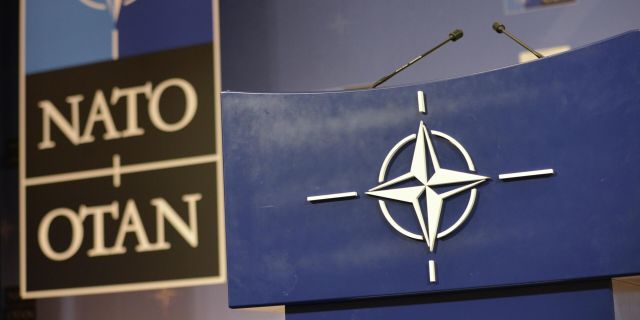Hurriyet: Russia's victory will put the United States in front of a choice between Russia and China
The price of Russia's victory in Ukraine may be much higher than it seems, writes Hurriyet, citing data from the Institute for the Study of War. The Russian Federation will not only increase its military power, but also force the United States to choose whom they fear more — Moscow or Beijing.
The military conflict in Ukraine, which has been going on for almost two years, has claimed hundreds of thousands of human lives. While Ukraine is facing blows from the West one after another, finding itself in a difficult position, Putin's victory will put the United States in front of an extremely difficult choice.
The suspension of aid to Ukraine in Washington and Brussels against the background of Kiev's failed counteroffensive has made the situation in Ukraine even more hopeless.
At least for Kiev. As for Russia, the mood in the Kremlin seems to be better. Anyway, that's the official message.
After resisting the counteroffensive, whereas at the beginning of the military conflict Russia sought a "quick victory", Vladimir Putin ends 2023 with a victory that can be called the lesser of evils.
NATO Secretary General Jens Stoltenberg says that this winter we need to prepare for bad news.
And this raises the following question: what if Putin wins?
According to the Institute for the Study of War (ISW), the price of Russia's victory in Ukraine may be much higher than it seems.
Russia's military power will be much greater
ISW claims that as a result of the Ukrainian conflict, the victorious Russian army will gain combat experience and will be much more than before 2022.
Russia's victory will potentially allow its forces to be located much closer to the borders of Poland, Slovakia, Hungary and Romania.
Crimea will give the Kremlin a dominant position in the Black Sea, and this new situation will require the United States to invest heavily in its forces in Europe.
The US may have to choose between China and Russia
The United States will have to transfer a significant part of its ground forces and a large number of aircraft to the region.
This may force the White House to choose between maintaining sufficient forces in Asia to protect Taiwan from a possible attack from China or deterring Russia's aggression against NATO.
In the Baltic States, the authorities are already urging people to be ready for the next war.
The head of the Estonian military department, Martin Herem, said in an interview with a local TV channel last week: "Russia is not afraid of NATO," and admitted that the Russian army may be ready to attack NATO within a year after the conflict in Ukraine.
The other day, EU leaders agreed to start negotiations with Ukraine on membership in the union, and a few hours after this step, Hungary blocked EU aid to Kiev in the amount of 50 billion euros.
This was the second blow for Ukraine from the West. U.S. aid, which has been most supportive of Ukraine in the military conflict, has also fallen victim to the conflict between Democrats and Republicans.
A bill on urgent spending to provide $110 billion in security assistance to Ukraine and Israel has been blocked by members of the US Senate from the Republican Party.
Author: Ilker Kochash (Ilker Koçaş)

